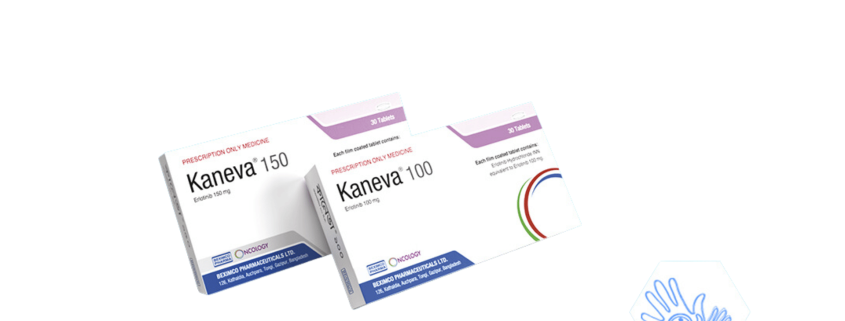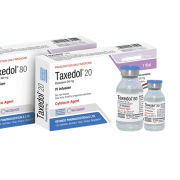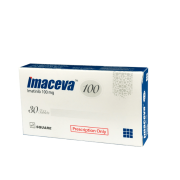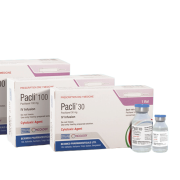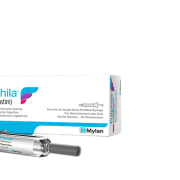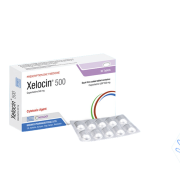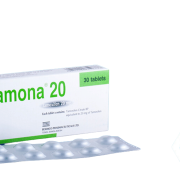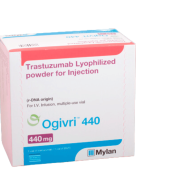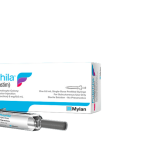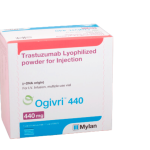Kaneva
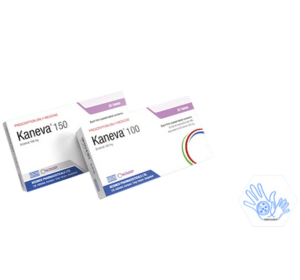
Generic Name: Erlotinib
Dosage Form: Tablet
TG Name: Oncology
1. What is Kaneva®?
Kaneva® is a preparation of Erlotinib, which is a type of biological therapy called a tyrosine kinase inhibitor (TKI).
2. How Kaneva® works in our body?
Kaneva® is an epidermal growth factor receptor/human epidermal growth factor receptor type 1 (EGFR also known as HER1) tyrosine kinase inhibitor. Kaneva® potently inhibits the intracellular phosphorylation of EGFR. EGFR is expressed on the cell surface of normal cells and cancer cells. In non-clinical models, inhibition of EGFR phosphotyrosine results in cell stasis and/or death.
EGFR mutations may lead to constitutive activation of anti-apoptotic and proliferation signaling pathways. The potent effectiveness of Kaneva® in blocking EGFR-mediated signaling in these EGFR mutation positive tumors is attributed to the tight binding of Kaneva® to the ATP-binding site in the mutated kinase domain of the EGFR. Due to the blocking of downstream-signaling, the proliferation of cells is stopped, and cell death is induced through the intrinsic apoptotic pathway. Tumor regression is observed in mouse models of enforced expression of these EGFR activating mutations.
3. What is the indication of Kaneva®?
Kaneva® is indicated for Non-Small Cell Lung Cancer (NSCLC) and Pancreatic Cancer.
4. What are the dosage & administration of Kaneva®?
- The dose for NSCLC is 150 mg/day
- The dose for pancreatic cancer is 100 mg/day
- All doses of Kaneva® should be taken on an empty stomach at least one hour before or two hours after ingestion of food
- Reduce in 50 mg decrements, when necessary
5. What are the contraindications of Kaneva®?
Hypersensitivity to Erlotinib or to any of the excipients.
6. What are the adverse effects of Kaneva®?
- The most common adverse reactions (>20%) in maintenance treatment are rash-like events and diarrhea
- The most common adverse reactions (>20%) in 2nd line NSCLC are rash, diarrhea, anorexia, fatigue, dyspnea, cough, nausea, infection and vomiting
- The most common adverse reactions (>20%) in pancreatic cancer are fatigue, rash, nausea, anorexia, diarrhea, abdominal pain, vomiting, weight decrease, infection, edema, pyrexia, constipation, bone pain, dyspnea, stomatitis and myalgia
7. What would be the storage condition of Kaneva®?
Store at 25°C (77°F); protect from light and keep away from children.

